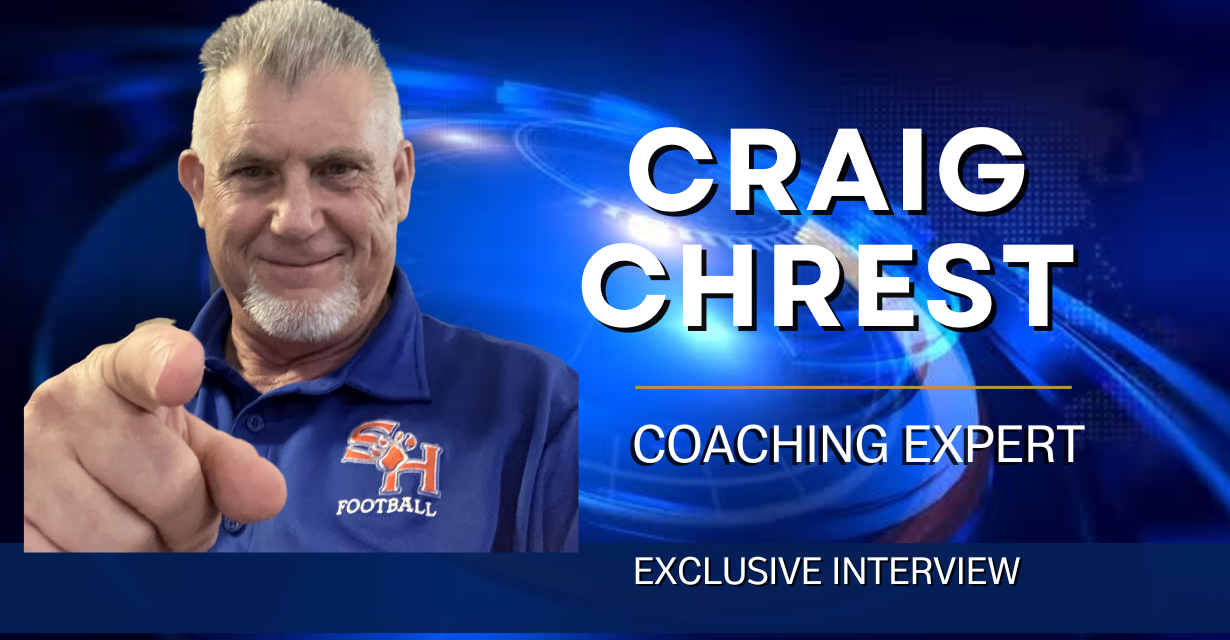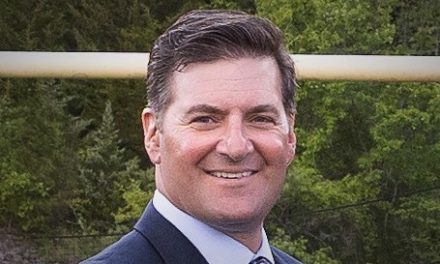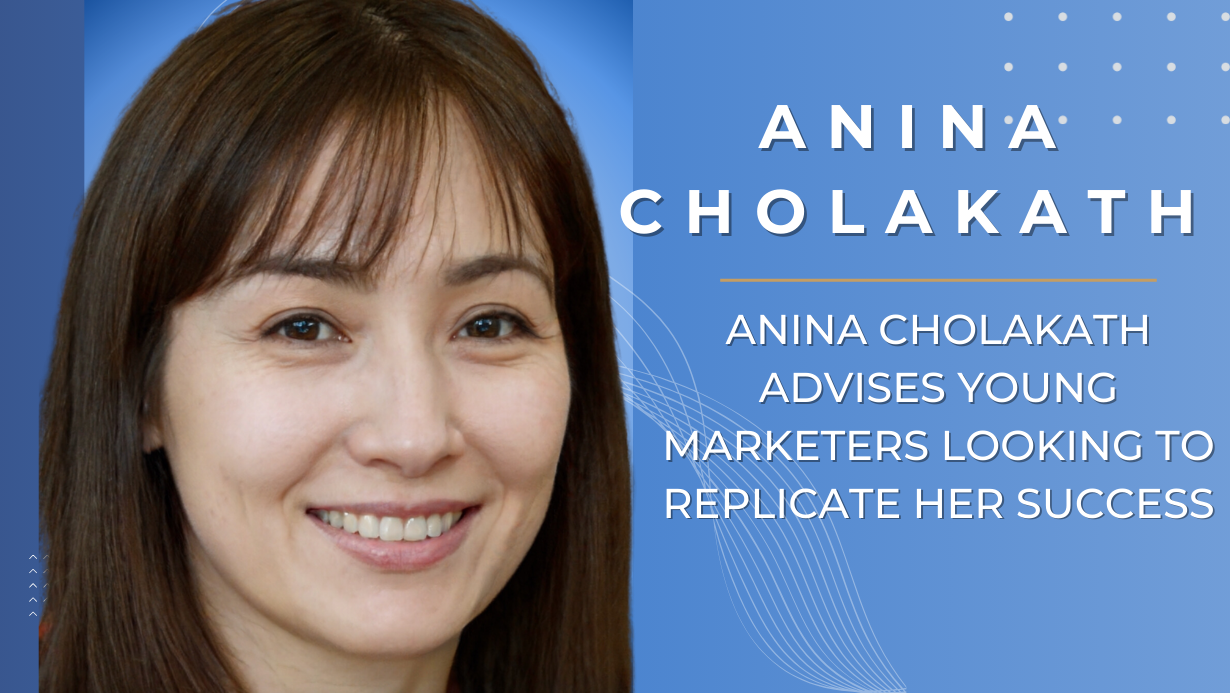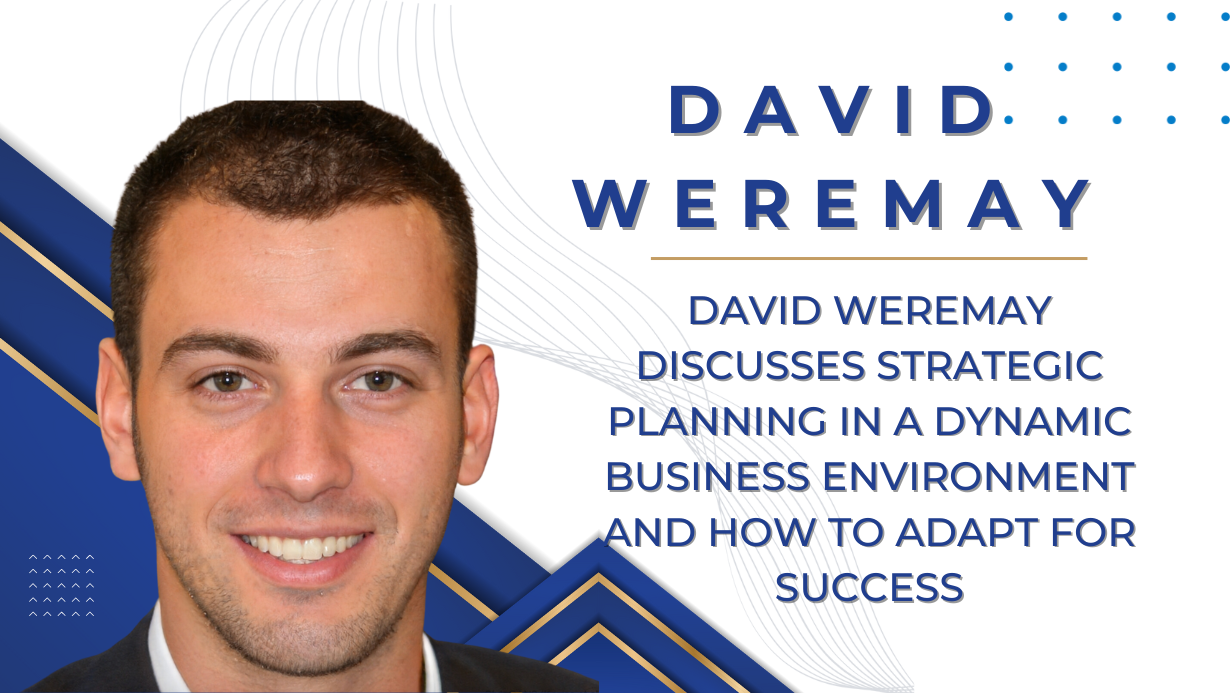Craig Chrest is a dynamic and enthusiastic kids’ sports coach with a passion for mentoring young athletes in football, baseball, and basketball. With an infectious smile and boundless energy, he has become a beloved figure among his students and their parents. Having spent his childhood immersed in sports, Craig Chrest developed a deep understanding of the positive impact athletics can have on a child’s development. Armed with several coaching certifications, he embarked on a mission to inspire and guide the next generation of sports stars. Chrest’s coaching philosophy centers on fostering a supportive and inclusive environment where kids feel encouraged to explore their potential, both on and off the field. Through engaging drills and interactive games, he instills important values such as teamwork, discipline, and perseverance. His coaching sessions are characterized by creativity and innovation, always seeking new ways to make learning fun and exciting. Whether teaching the fundamentals of football, refining baseball techniques, or honing basketball skills, Craig Chrest tailors his approach to suit the needs and interests of each young athlete. Beyond the realm of sports, Craig Chrest also emphasizes the significance of academic excellence and being responsible citizens. With his mentorship, many of his students have not only achieved athletic success but also excelled in their studies and developed into well-rounded individuals. With an ever-growing roster of young athletes eager to be part of his team, Craig Chrest’s dedication to coaching has become an enduring source of inspiration for both kids and parents alike.
What experiences and qualifications do you possess that make you an effective mentor for athletes in sports?
Throughout my professional journey, I have been privileged to mentor countless young athletes in football, baseball, and basketball. I played football for thirteen years; in high school, college and professionally. I was an All-State football player and an All American in college. Additionally, I have a coaching certificate from the University of Wisconsin – LaCrosse. This experience has not only been incredibly fulfilling, but it has also played a pivotal role in shaping my career trajectory as a top-rated recruitment and talent acquisition expert. The impact of mentoring these kids has been immense as it cultivated within me the ability to identify potential talent and develop it into something exceptional. Mentoring has honed my patience, communication skills, and my ability to motivate others to be their best selves. It has truly been a transformative experience, and I feel grateful for the opportunity to pass on my knowledge and insights to the next generation.
How do you tailor your mentoring approach to meet the individual needs and goals of different athletes?
As a coach, my ultimate goal is to help my athletes become the best they can be. To do that, I believe that effective communication skills are crucial. From the very beginning, I work with my athletes on developing strong communication skills. By doing so, we establish a solid foundation of trust and rapport, which is essential for effective mentoring. Through listening, sharing ideas, and giving and receiving feedback, we work together to bring out the full potential of each athlete. When athletes feel they can openly communicate with their coach, they are more likely to be receptive to instruction and feedback, leading to greater self-improvement and success.
Can you share an example of a challenging mentoring situation you encountered with a young athlete and how you successfully helped them overcome it?
Athletic talent can be both a blessing and a challenge for some young people. Once when mentoring a basketball player, I encountered such a difficult situation primarily due to the player’s parents in the stands. Rather than simply admonishing the youngster for his behavior and for not doing his part for the team, I decided to try to understand what was driving it. It soon became clear that he was dealing with a range of complex family issues that were manifesting in his behavior on the court. By sitting down and having a conversation with him, I was able to help him find a renewed focus for his energy and athleticism. Now, I am delighted to see him thriving in the world of sports, confident and empowered in his abilities and talents.
How do you assess the strengths and weaknesses of athletes to create personalized development plans?
As a talent acquisition specialist, I have trained myself to identify truly capable athletes by testing their limits. To truly gauge one’s potential greatness, I give them roles that they aren’t quite used to and observe how they react. It is these moments when a person’s true essence shines through. I believe that adaptability is the key ingredient to the recipe of success. The more adaptable the athlete is, the higher their chance of turning up on top. In the world of sports, being a one-trick pony just won’t cut it. It is essential to be able to pivot and adapt to new challenges. This is the measure of a true champion. If I find an athlete is lagging on this front, I come up with a personalized development plan to help them achieve versatility.
What strategies do you employ to instill discipline, motivation, and resilience in the athletes you mentor?
As a mentor of young, talented athletes, I have several strategies that have proved to be successful. One of my key strategies is to set SMART goals for the athletes. This helps them to focus their efforts on specific outcomes, allowing them to track their progress and to see measurable results over time. Another strategy I use is to be very strict on time management. I know from experience that even the most naturally gifted athletes will not reach their optimum without proper time management. By implementing a structured schedule of training and competition, with clear guidelines and deadlines, the athletes are able to allocate their time and energy effectively to achieve their goals. As a mentor, my role is to guide and inspire these young athletes, and by using these strategies, I have seen some fantastic results.
How do you balance pushing athletes to achieve their full potential while ensuring their well-being and avoiding burnout?
Proper time management is a critical element in the success of any athlete. As a coach, my focus is on ensuring that young athletes optimize their potential by prioritizing their time effectively. By allocating sufficient time for skill-building, training, and rest, athletes are better able to maintain a healthy work-life balance and avoid burnout. Additionally, effective time management helps create a conducive environment for pushing young athletes to their limits and helping them achieve their full potential. As a professional coach, I recognize the crucial role that time management plays in the development of young athletes and prioritize the implementation of these strategies to ensure their long-term success.
How do you measure the effectiveness of your mentoring programs, and what adjustments do you make to continuously improve the support you offer to athletes?
As a mentor for talented athletes, measuring their progress is a crucial aspect of our partnership. To ensure that I am providing the most effective mentorship possible, I set clear metrics at the beginning of the program. By establishing where the athlete stands at the outset, I can develop a comprehensive plan to improve their skills. Throughout our time together, I work with the athlete to incrementally increase their abilities and help them reach their goals. At the end of the program, we measure progress against the initial metrics set forth, allowing us to celebrate their growth and successes together. Overall, I believe that these metrics are an essential tool for maximizing the effectiveness of my mentorship and ensuring that my athletes achieve their full potential. Many of the athletes I have mentored have gone on to become great college players and professional athletes.












